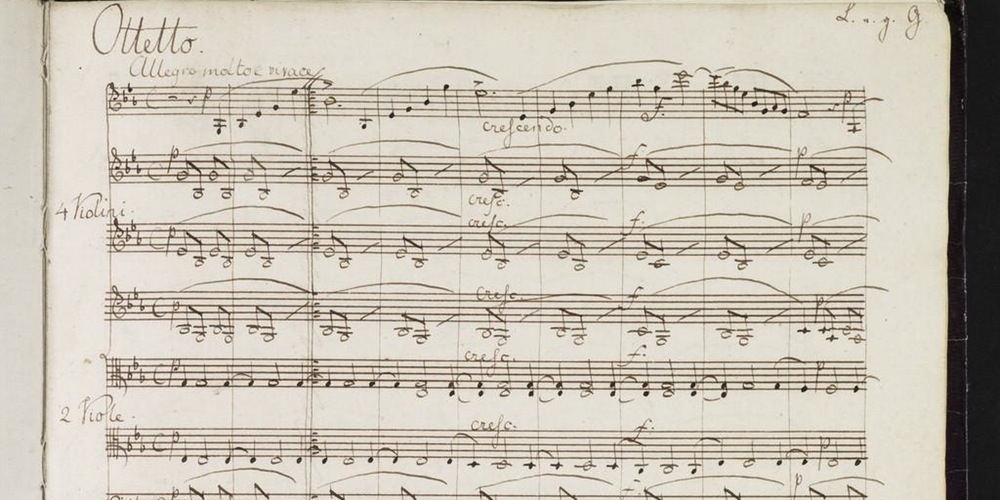Stravinsky Goes Back to the Future
What do you do when you drive around a sharp curve and suddenly see the road coming to a dead end in front of you? The obvious answer is to turn around and find another route forward. Around 1920, Igor Stravinsky and other composers confronted a similar challenge. Romanticism had hit a wall. The colonialist expansion of nineteenth century Europe was disintegrating in the post-battlefield daze of an apocalyptic World War. In …


